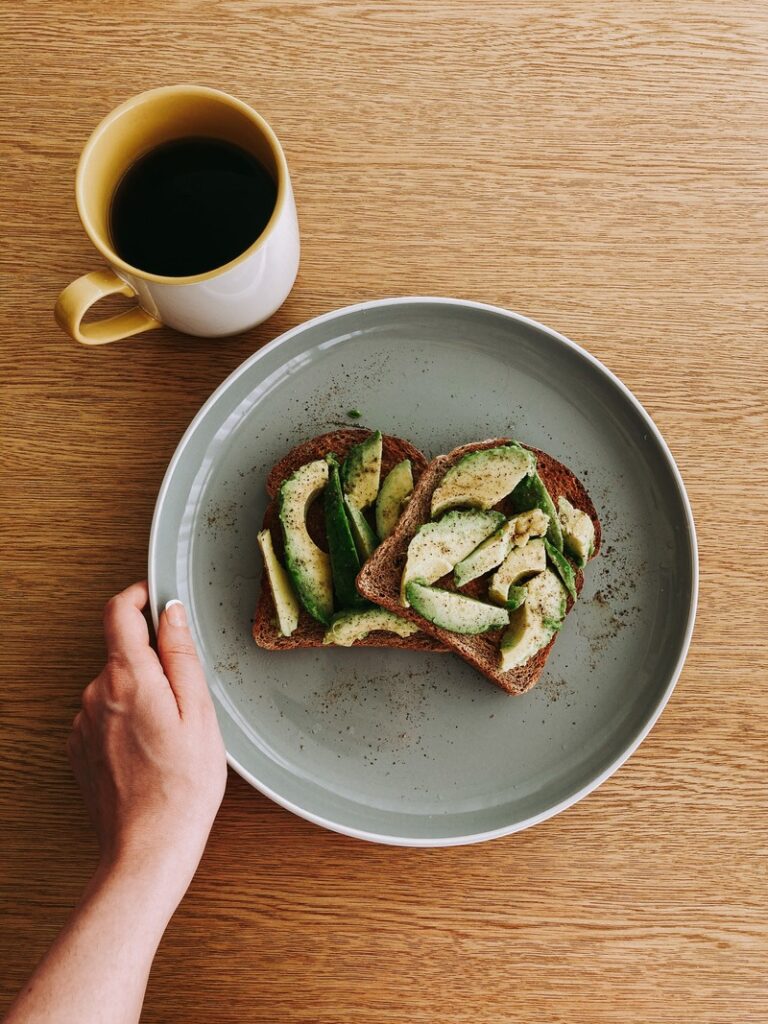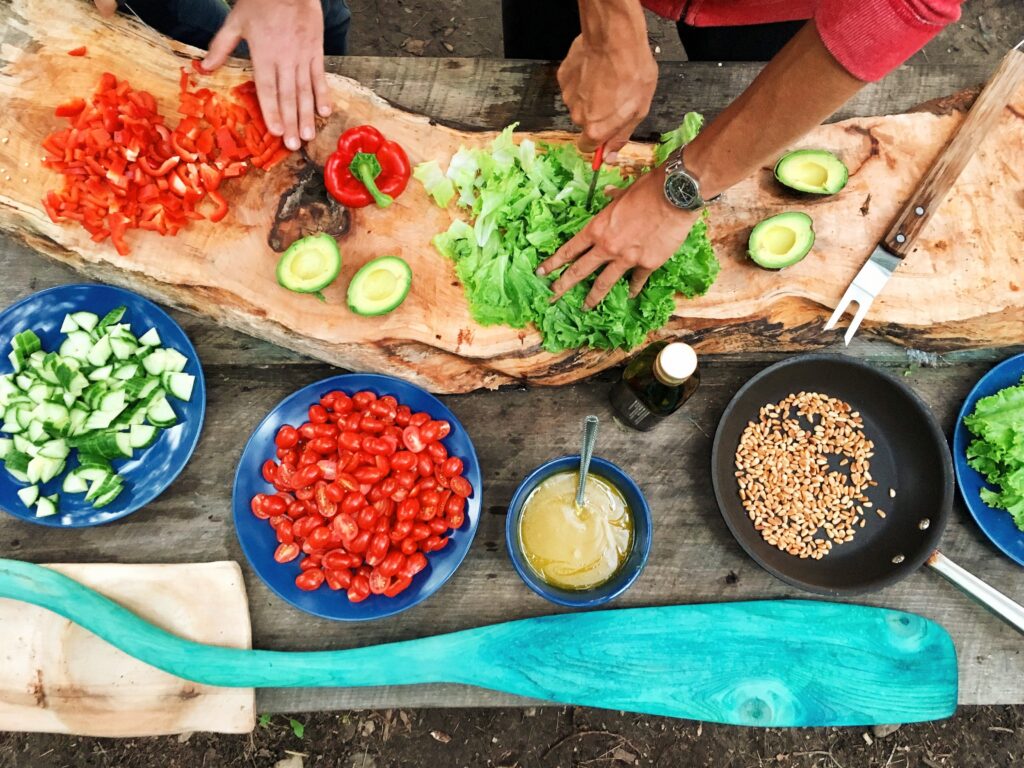
As the festive season approaches, athletes often find themselves facing a culinary challenge—how to savor the joy of celebration without compromising their nutritional goals and performance. Overconsumption of food during festivals is a common concern, but with mindful strategies, athletes can strike a balance between indulgence and maintaining a healthy diet. Here are some effective tips to navigate the festivities without overeating.
1. Portion Control:

One of the fundamental principles of healthy eating, especially during festivals, is portion control. Athletes can enjoy the variety of dishes without going overboard by being mindful of portion sizes. Using smaller plates can create the illusion of a fuller plate, helping to control the amount of food consumed. By savoring smaller portions & keeping a food journal to record & track calories athletes can relish the flavors of festive meals without feeling deprived and can make adjustments accordingly.
2. Eating Regular and More Meals in a Day:
Instead of succumbing to the temptation of overloading on a single big festive meal, athletes can maintain a steady energy level by eating regular, smaller meals throughout the day helping in maintaining good gut health. Planning well-balanced, nutrient-dense snacks can be an effective strategy to curb hunger and support overall energy needs.
3. Avoiding Distractions During Eating:

Mindful eating involves being fully present and engaged during meals. Athletes can reduce overconsumption by avoiding distractions such as television, smartphones, or other electronic devices while eating. Also avoiding social eating & overconsumption of alcohol can help with the sensory experience of eating, individuals can better recognize hunger and fullness cues, leading to more intentional food choices and a reduced risk of overeating.
4. Staying Active and Engaging in Enjoyable Activities:
Participating in physical activities not only helps burn off excess calories but also contributes to an overall sense of well-being. Athletes can incorporate enjoyable activities like trekking or hiking into their festive season routine. These activities not only provide a good workout but also offer an opportunity to connect with nature, reduce stress, and enhance the festive spirit healthily.
5. Adding Variety to Meals:
Diversifying the festive menu can be a key strategy for athletes. Instead of sticking to the same traditional dishes, consider modifying recipes to make them more nutritious. For instance, swap out heavy creams with Greek yogurt, incorporate whole grains, and increase the proportion of vegetables in dishes. Athletes can also experiment with healthier cooking methods under the guidance of a professional like a sports nutritionist to reduce the overall calorie content of festive meals.

6. Mindful Eating and Stress Reduction:

Mindfulness practices, such as meditation, can be powerful tools for athletes looking to avoid overconsumption during the festive season. Taking a few moments to engage in mindful breathing or meditation before meals can promote a calm and centered mindset, making it easier to make conscious food choices. For female athletes especially, be aware of emotional eating patterns, particularly during times of stress or hormonal fluctuations. Be cautious with caffeine and sugary drinks, as they can impact hydration and may contribute to energy imbalances, and consider tracking your menstrual cycle to better understand how it may influence your energy levels, cravings (mostly in the luteal phase), and overall nutritional needs. Additionally, spending time in nature can have a grounding effect, fostering a sense of well-being and reducing the likelihood of stress-induced overeating.
In conclusion, by implementing mindful eating practices, athletes can enjoy the holidays without sacrificing their fitness and health objectives. Effective strategies for navigating the excess of Christmas feasts include portion management, regular and balanced meals, minimizing distractions, staying active, varying meals, and adopting mindfulness activities. Athletes can partake in the festivities without sacrificing their dietary and performance goals if they make deliberate decisions under professional guidance is always helpful. Ultimately, the real spirit of the holidays is not excess but rather the happiness that comes from sharing and commemorating.
This article was written by our sports nutritionist, Pragya Khosla. As a registered Sports nutritionist Pragya is a dedicated advocate for holistic well-being. With a deep understanding of the intricate relationship between nutrition, exercise, and overall health, Pragya empowers individuals to achieve their wellness goals. Her articles serve as a testament to her commitment to spreading the message of sustainable health. Pragya’s expertise passion for sports and experience make her a trusted source of inspiration and knowledge in the realm of holistic wellness, transforming lives one step at a time. See more here.
References
References:
- Cherpak CE. Mindful Eating: A Review Of How The Stress-Digestion-Mindfulness Triad May Modulate And Improve Gastrointestinal And Digestive Function. Integr Med (Encinitas). 2019;18(4):48-53
- Robinson E, Aveyard P, Daley A, et al. Eating attentively: a systematic review and meta-analysis of the effect of food intake memory and awareness on eating. Am J Clin Nutr. 2013;97(4):728-742. doi:10.3945/ajcn.112.045245
- La Bounty PM, Campbell BI, Wilson J, et al. International Society of Sports Nutrition position stand meal frequency. J Int Soc Sports Nutr. 2011;8:4. Published 2011 Mar 16. doi:10.1186/1550-2783-8-4
- Conklin QA, Crosswell AD, Saron CD, Epel ES. Meditation, stress processes, and telomere biology. Current opinion in psychology. 2019 Aug 1;28:92-101.





